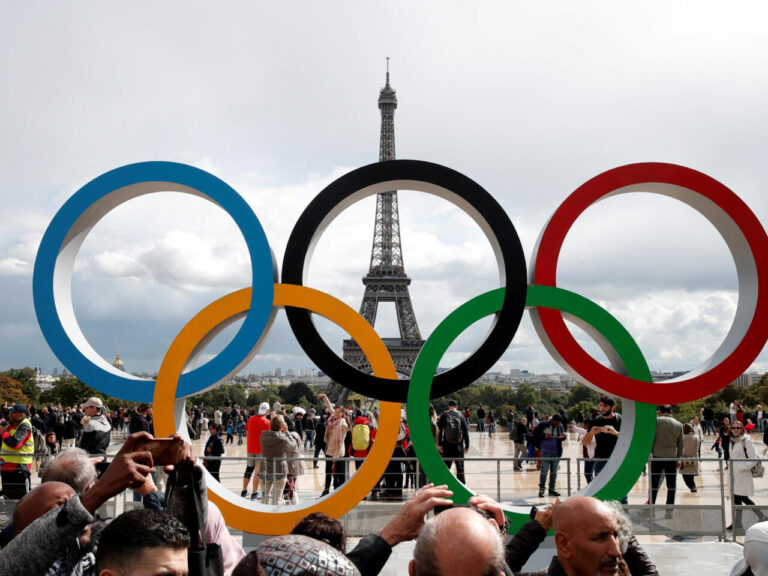
The global importance of the Olympics: a party of game, solidarity and excellence
Held every four years, the Olympics aren’t just a world recreation; They are a profound celebration of human progress, cultural range and worldwide harmony. From its beginnings in historical Greece, the Olympics have grown global, bringing together athletes from around the world to compete in a spirit of sportsmanship and enterprise This article explores the global importance of the Olympics, organizing sports activities, and how they’re emphasized.
The global impact of the Olympics:
The Olympic Games are a completely unique platform that transcends country-wide boundaries and creates a sense of worldwide demographics. They articulate the ideas of peace, concord and mutual admiration, and the Olympic Charter emphasizes the advertising of these values via sport. The Games are a testament to the power of recreation to bridge cultural and political divides by bringing humans together in a party of human capability.
Economic and cultural affects are also vital. Host towns and international locations benefit from improved tourism, infrastructure and international media publicity. Sport evokes tens of millions of human beings around the arena, promotes wholesome existence and encourages younger humans to take part in game. In addition, the Olympic Movement helps worldwide tasks, which include sustainability and inclusion, with huge goals together with environmental duty and gender equality.
A variety of games:
The Olympics comprise a wide range of sports, including broad sportsmanship and competition. The Summer Olympics, held in even-numbered years, include a new generation of traditional events such as athletics, swimming and gymnastics, as well as basketball, soccer (soccer), volleyball and more recent additions skateboarding and surfing developing over time They demonstrate a commitment to being a sport that the practitioner enjoys.
In the meantime, the Winter Olympics for the same age group focus on sports that grow in cold climates. These include skiing, ice skating, bobsledding and snowboarding. The Winter Games highlight a sport that requires exceptional skills and adaptability to challenging conditions, adding to the rich fabric of Olympic competition
Global Sharing and Performance:
The Olympics is a place where nations of all sizes and strengths come to compete, making it an exciting arena to watch global sporting prowess Countries like the US, China and Russia traditionally dominate the medal table due to many factors and sporting systems.
For example, countries like Jamaica have gained international recognition by developing exceptional races in track and field, while countries like Kenya are known for long distance running Countries participating from every continent decide how the sport surfaces, emphasizing universality and giving athletes from diverse backgrounds a platform to showcase their talents
The Olympic Games are also an important development tool for emerging sports countries. Countries investing in their sport programs often use sport as a measure.
The Journey to the Olympics: From Ancient Greece to the 2024 Games
The beginning of the Olympics:
The rich record of the Olympic Games goes back to historical Greece, where these first games, first held at Olympia in 776 B.C. Athletes from a variety of Greek urban states competed in a variety of events, including trekking, wrestling, chariot racing and pentathlon, in an impressive mix of five sports.
The ancient Olympics were held every four years and lasted for about 1,000 years until they declined in the fourth century. They were revived in the last nineteenth century, mainly due to the efforts of the French educator and historian Pierre de Coubertin who reckons that the competition of modern international sporting activities can promote peace and mutual awareness played because
The revival of the modern Olympics:
The current Olympic Games opened in Athens, Greece in 1896. This revival marked the beginning of a new generation in which the games could grow into a global phenomenon The first modern Olympic Games featured 13 countries and forty-three seasons in sports activity in nine species. The game has expanded rapidly over the years, in terms of international collaborative venues and games
The present Olympic Games first included the Winter Games in Chamonix, France in 1924, which featured athletic activities played on ice and snow The present Winter and Winter Games take place in the years a they are alternately equated with numbers, with the Winter Olympics providing a broader scope for sport activities and disciplines.
Never miss any important news. Subscribe to our newsletter.
Copyright 2025 India Fake News. All rights reserved.